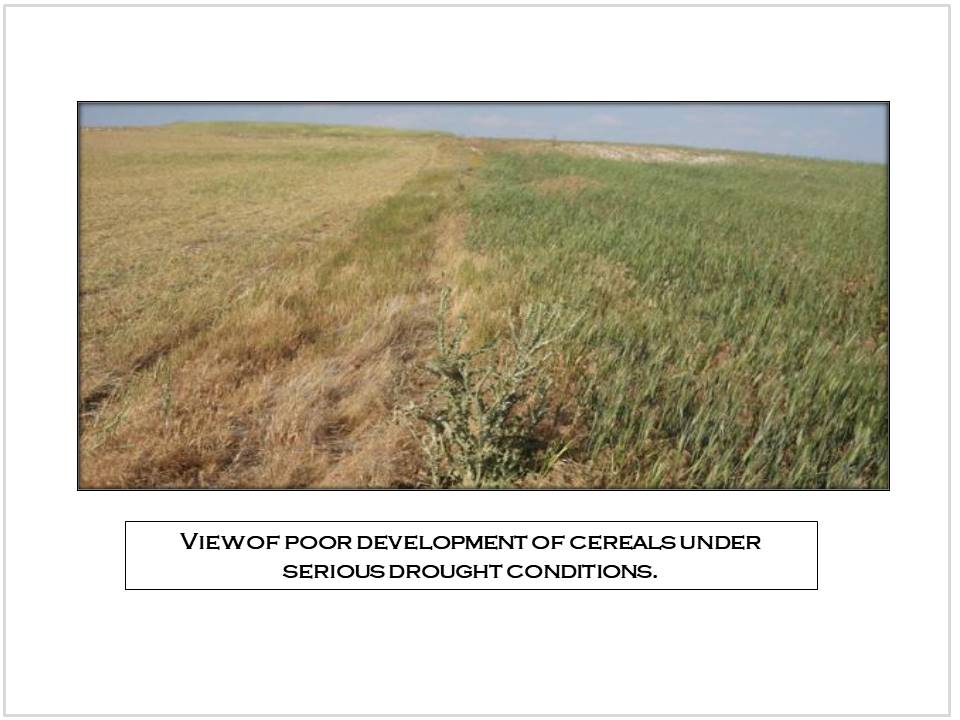Title
Field Water Management for Saving Water in Water-Starved Environments Such As Konya Plain, Türkiye
Authors
Bilal Acar,*a Mithat Direk,b Yasemin Demir Yurteri,a Osman Saymana and Shah Mohammad Muradia
aDepartment of Farm Buildings & Irrigation, Faculty of Agriculture, University of Selçuk, Konya, Türkiye.
bDepartment of Agricultural Economics, Faculty of Agriculture, University of Selçuk, Konya, Türkiye.
*Corresponding author E-mail address: biacar@selcuk.edu.tr (Bilal Acar)
Article History
Publication details: Received: 14th May 2022; Revised: 15th June 2022; Accepted: 15th June 2022; Published: 23rd June 2022
Cite this article
Acar B.; Direk M.; Yurteri Y.D.; Saymana O.; Muradi S.M. Field Water Management for Saving Water in Water-Starved Environments Such As Konya Plain, Türkiye. Green Rep., 2022, 3(8), 48-50.

Abstract
The main purpose of the present study was to propose applicable water management strategies in agricultural production for water limited ecologies like Konya plain of Türkiye. In accordance of findings obtained from our previous studies in such environment, following necessary efforts could be done for improving water productivity: Newly registered crop cultivars/animals having tolerant to dry climates should be introduced to the farmers; use area of water productive irrigation technologies should be widen; farming areas with low water consuming crops could be expanded by subsidizing farmers producing those crops; deficit irrigation can be applied; regular maintenance-repair works must be done at water delivery systems. Transferring water from neighbour hydro-basins could be also good alternative; and farmers could be informed about high quality irrigation water management with some education activities.
Keywords
proper agro-water management; water productivity; modern irrigation technologies; water saving